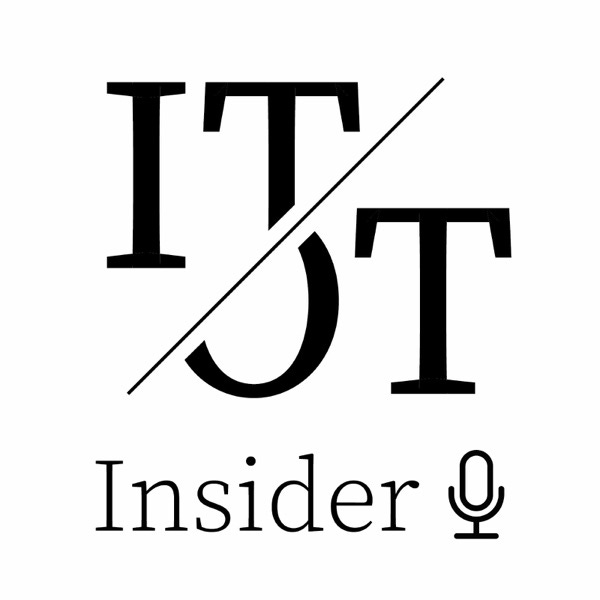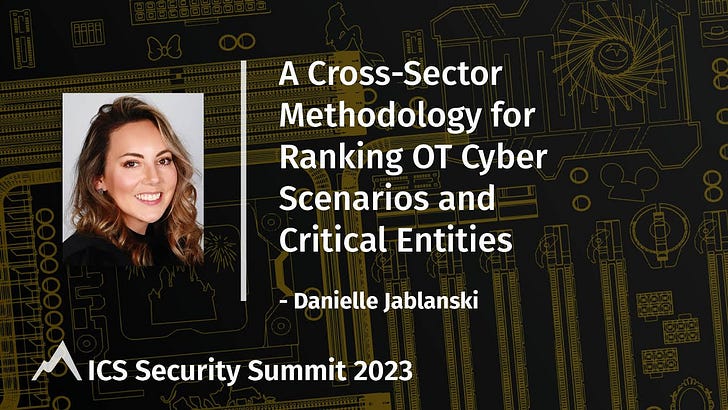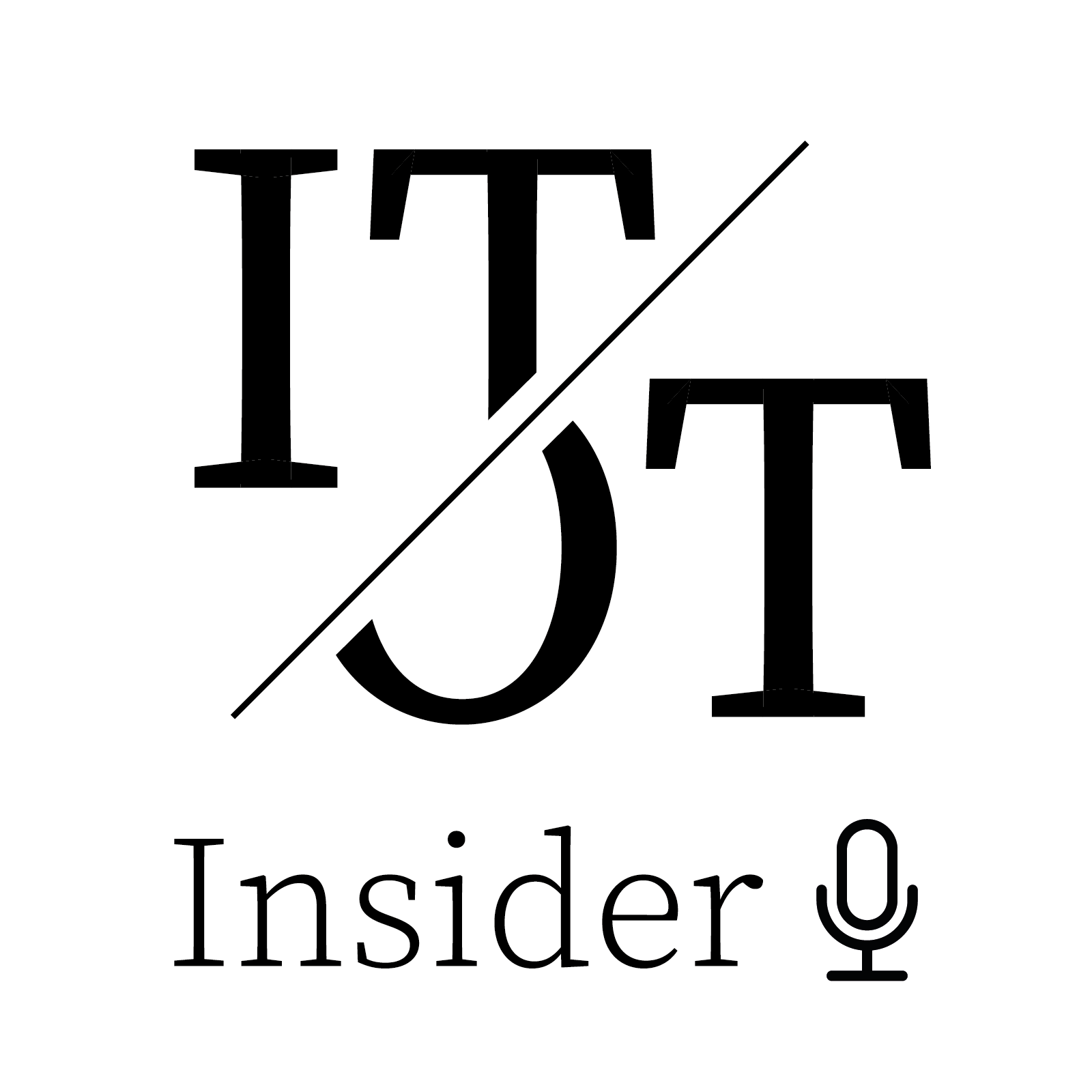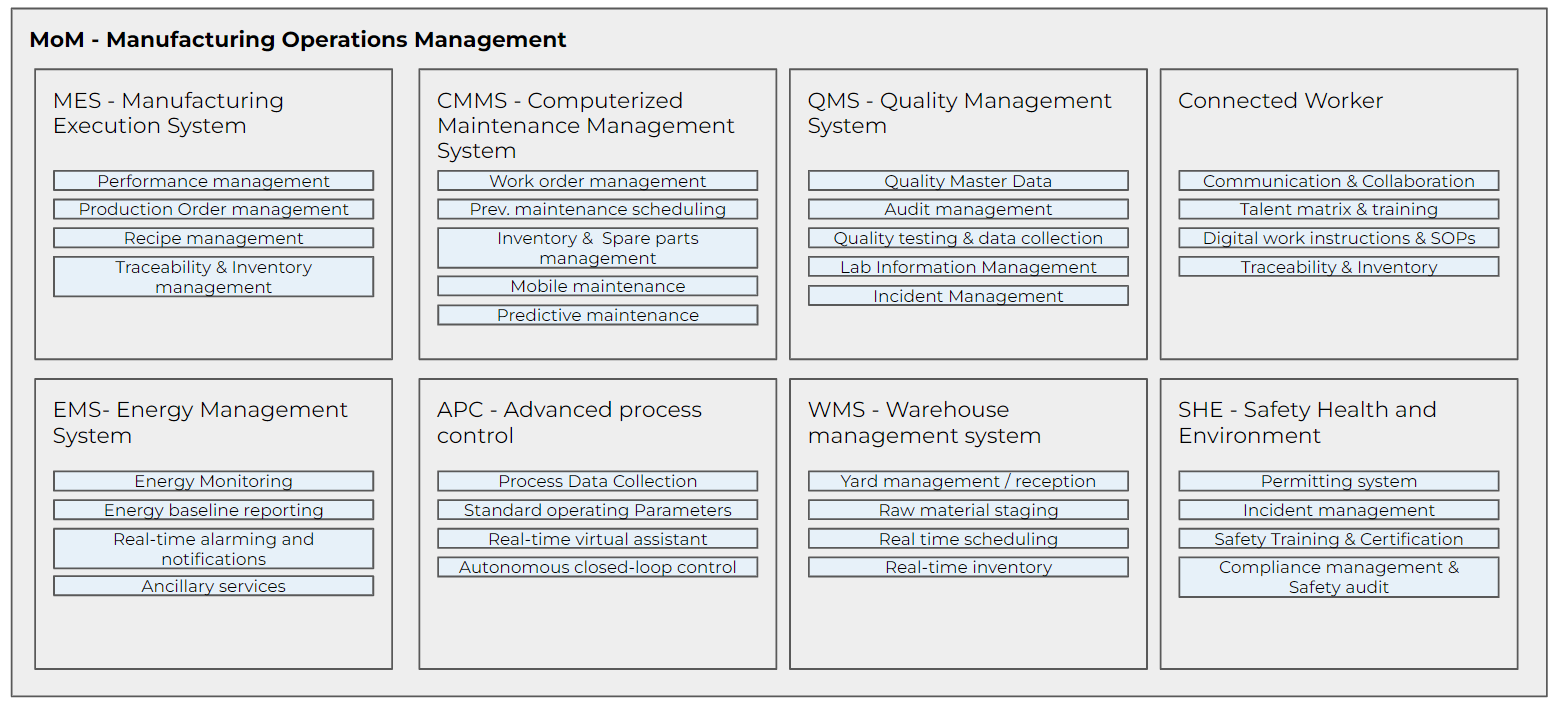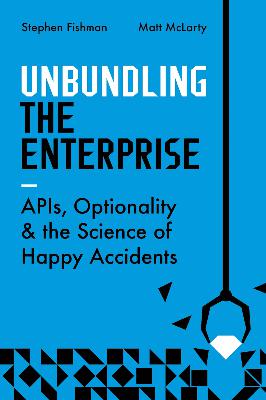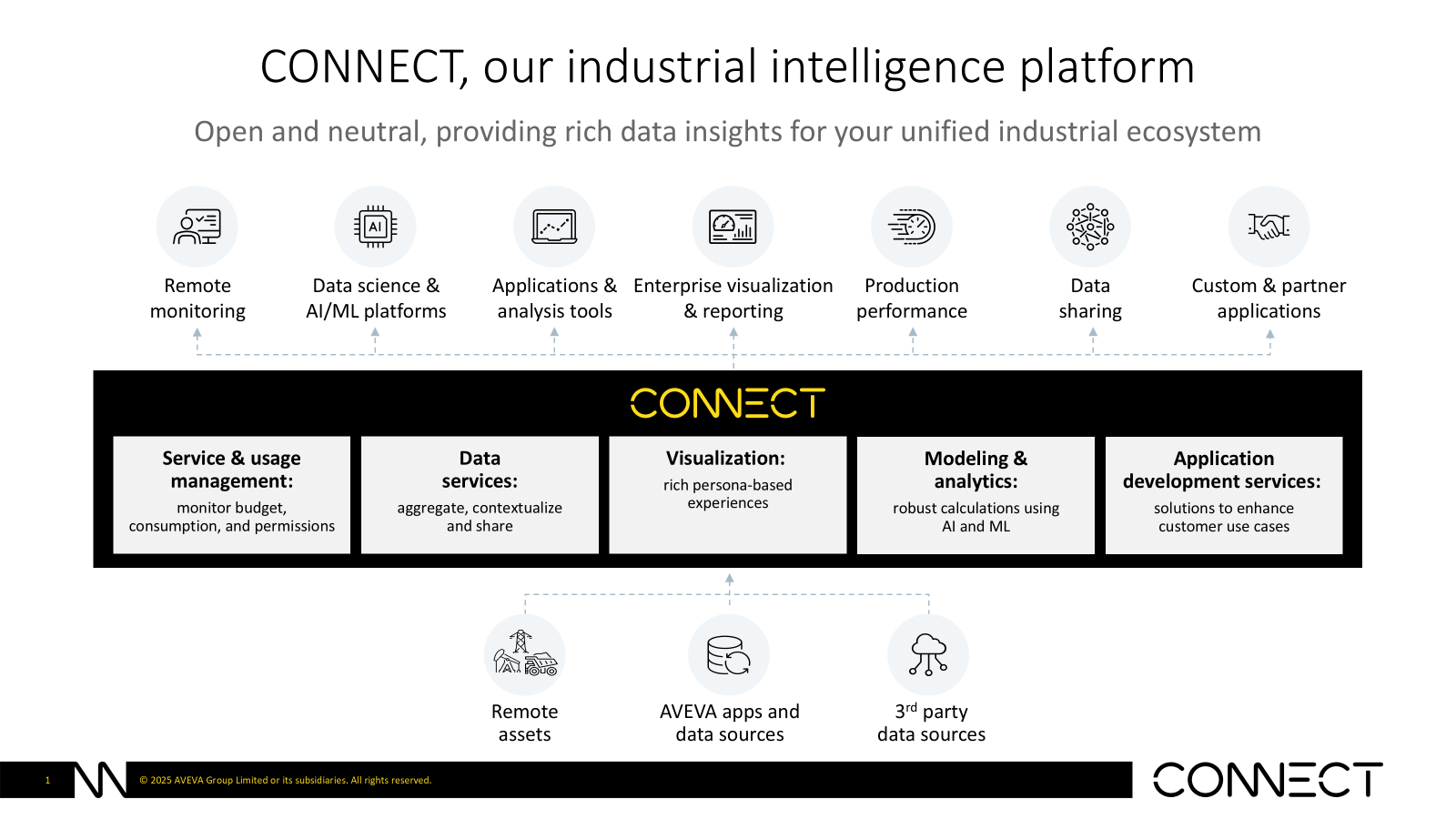The $50K use case matters – Zev Arnold on Scaling, Context and AI
Description
When Zev Arnold joined us on the podcast, he brought with him the kind of energy and clarity you rarely get from someone working at the intersection of industry, data, and transformation. As a principal director at Accenture’s Industry X, Zev has spent years working with oil & gas, utilities, mining, and life sciences companies—not just helping them digitize, but helping them make that digitization mean something operationally. “I help engineers and operators use data to improve the way they work,” he said, and that theme stayed with us throughout the conversation.
Context is King (But only if the right person owns it)
One of the most powerful insights from Zev is his perspective on data contextualization.
He tells the story of a compressor engineer who wanted to track starts instead of doing maintenance on a fixed schedule. “Some compressors had start-stop tags, some had rotational speed. The structure of the data needed to support the engineer’s thinking, not the other way around.” That’s when Zev realized: contextualization only works when it’s driven by the user, not imposed by some else. “Give that hierarchy to the compressor engineer and say, this is yours. Own it.”
In Zev’s model, self-service is the enabler. If engineers and operators can build their own analytics without writing Python or waiting for a dev team, that’s when transformation becomes real.
Platforms that Empower, Not Obstruct
Zev is quick to point out where industrial transformation often stumbles: platforms that weren’t built to scale use cases easily. “We had a platform that worked great for one use case. But every new use case required us to rebuild everything again.”
“You want to catch that $50K event before it becomes an environmental incident. The person who understands the problem best is the engineer. We need to give them the tools to act.”
The bigger picture? Zev sees a future where operators train and maintain AI systems—even simple expert systems that alert you when a tank overflows. That’s where AI becomes more than a buzzword and actually enters the DNA of industrial work.
People, AI, and the Future of Work
Zev introduces a compelling framing: people-to-people, people-to-AI, and AI-to-AI. That’s the triangle of future industrial collaboration. A model he borrowed from Paul Daugherty’s book Human + Machine.
In this framing, AI isn’t replacing people. Instead, AI becomes part of their toolbox. “Even simple AI—like monitoring sump tank levels—needs someone to train and maintain it,” he says. That job doesn’t belong in a remote digital transformation office. It belongs on the floor, with the engineer who knows the equipment and the impact.
Thanks for reading The IT/OT Insider! Subscribe for free to receive new posts and support our work.
We just need to catch the real value
Is all this really worth it? Zev answers emphatically, yes. And he points to a hard number: EFORd, the forced outage rate in U.S. power generation. This is a metric used to assess the reliability of thermal power generating units, specifically measuring the probability of a unit being unavailable due to forced outages or deratings when there is a demand for power. It essentially indicates how often a generator is unable to produce power when it's needed. The EFORd rate in the US averages 7.5% (a theoretical 0 value would mean that there are no unplanned outages). If we could close that gap with better decisions, the industry could unlock over $100 billion in value.
“And that’s just one industry,” Zev adds. “The ripple effects could be societal: better data centers, climate impact, lower energy bills, even job growth.”
Final Thoughts
From the subtle distinctions between manufacturing types to the very real, tangible impact of good data and AI done right, we touched it all in this podcast. Whether it’s process or discrete, the message is clear: stop treating transformation like a side project. Get the right tools into the right hands—and let people do what they do best.
As Zev put it, “On my worst days, I wonder, is this data really valuable? But 15 years in, I know it is. We just have to use it right.”
Stay Tuned for More!
Subscribe to our podcast and blog to stay updated on the latest trends in Industrial Data, AI, and IT/OT convergence.
🚀 See you in the next episode!
Youtube: https://www.youtube.com/@TheITOTInsider Apple Podcasts:
Spotify Podcasts:
Disclaimer: The views and opinions expressed in this interview are those of the interviewee and do not necessarily reflect the official policy or position of The IT/OT Insider. This content is provided for informational purposes only and should not be seen as an endorsement by The IT/OT Insider of any products, services, or strategies discussed. We encourage our readers and listeners to consider the information presented and make their own informed decisions.
This is a public episode. If you would like to discuss this with other subscribers or get access to bonus episodes, visit itotinsider.substack.com

